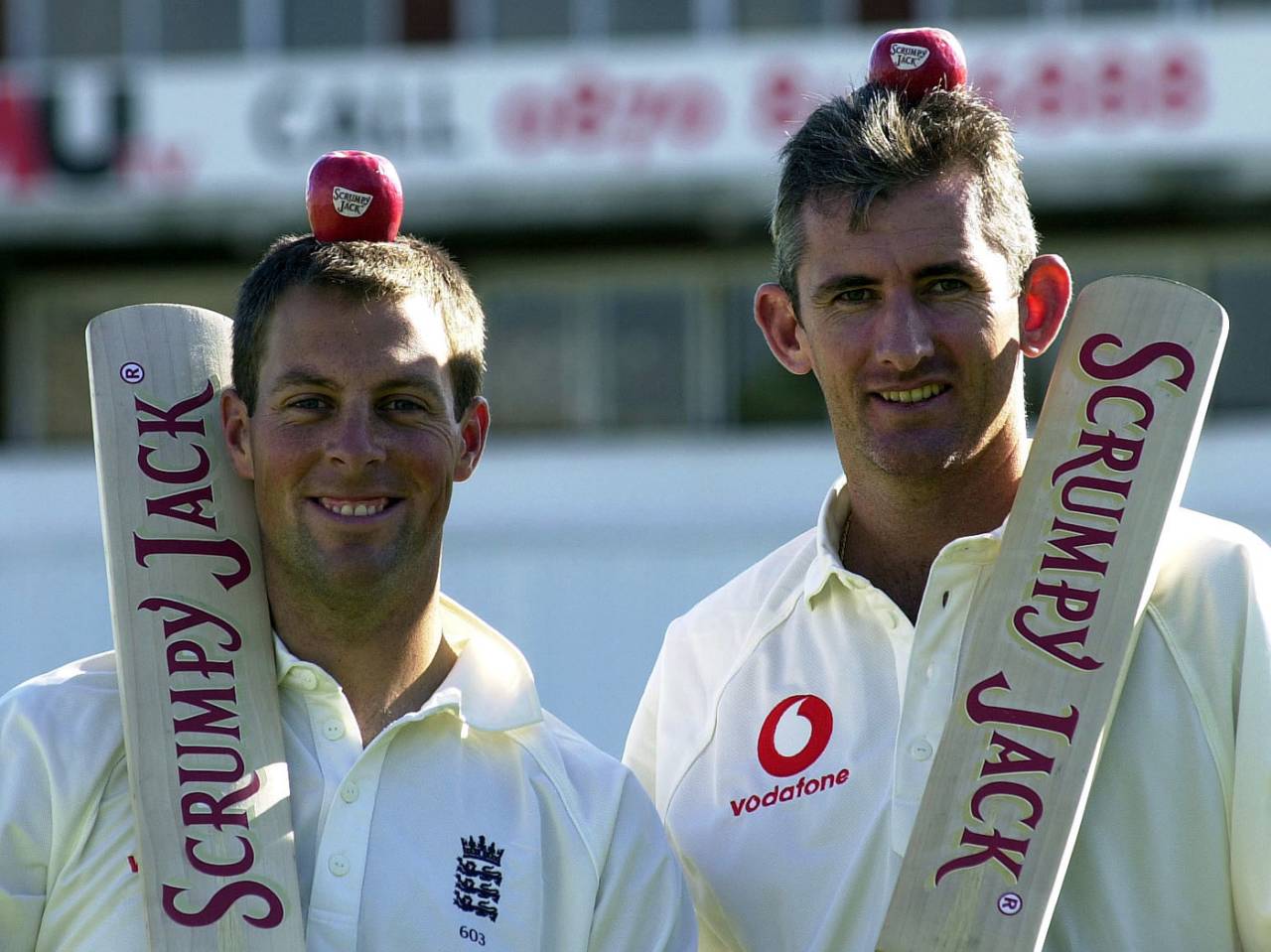Your choice between premium cricket and bargain cricket
Give fixers and those who are ambivalent to it a whole new sport to muck up
Andrew Hughes
Jun 21, 2014, 6:05 AM

Or get players to take the William Tell test • Getty Images
Although most humans are perfectly decent people, there exists among us, a shadowy, untrustworthy, degenerate group of desperadoes, living on the margins of respectable society, beyond the pale of civilisation. I am talking, of course, about people who don't like cricket. How do they stumble from one day to the next? How do they survive?
Nevertheless, they are with us. And if you have non-cricket loving friends, you will usually find that whenever our sport has one of its less than excellent moments and finds itself spread all over the front pages, these types will ask you, usually with a grin, what gives.
Naturally, at the mention of match-fixing, one of your other friends will remind you that it isn't actually match-fixing, before smiling the smug self-satisfied smile of the superior intellect. This is the same kind of person who ruined the Millennium celebrations by repeatedly pointing out that it was taking place a year too early.
Unfortunately, your pedantic friend is right. To fix an entire match would take a conspiracy involving 22 players, two umpires, and, in England at least, the ability to manipulate the weather. Since, as Monty Panesar has recently demonstrated, cricketers sometimes have trouble arriving to work on time, such a conspiracy is surely beyond their capabilities.
Instead, their extra-curricular naughtiness takes the form of spot-fixing, which sounds like the sort of thing you might do to the bodywork of a rusty old car, but which is, in fact, the latest in a range of ways human beings have found to destroy their careers, ruin their lives and embarrass themselves internationally.
So why do so many do it? The bad-apple metaphor usually gets an airing at times like these, but I think it minimises the malign influence of the bad apple. Anyone who has sampled a mouthful of brown rotting fruit laced with a hint of worm will tell you the experience is not easily forgotten. One encounter with a bad apple can colour your entire outlook on fruit.
The bad-apple theory of cricket corruption also relies on the premise that there are just a few of them. But if you were to pile up all the bad apples that have been plucked from the cricket shelves in the last 20 years, you'd have enough bad apples to make three or four thoroughly rotten apple pies, or a whole vat of bad apple cider, which is the colour of gold, extremely expensive, and leaves a nasty, toxic aftertaste.
Sometimes we are told that the solution is education, that many of these cricketers come from remote and isolated parts of the world, cut off from human civilisation (Delhi, Lahore, Romford) and so are easy prey for cunning, worldly bookies.
So should we make every cricketer take an anti-corruption class in which they have to copy out one hundred times the phrase: "I will not take money in exchange for underperforming in a cricket match"?
I'm not sure. Judging by what happened in Australia, "taking money in exchange for underperforming in a cricket match" was in the ECB's central contracts last September. Besides, people don't get into fixing because they don't know what it's wrong. They do it because they are greedy and stupid. Since greed and stupidity may be with us for a while, I have a better solution.
I think we should set up an entirely separate sport for those who want to indulge their appetite for skulduggery. We could market it like supermarkets do with their different ranges. For the genuine cricket lover, there's "Premium Cricket: Made with Purest Ingredients" and for those who aren't that bothered, there's "Bargain Cricket: The Sport You Love, but Without The Ethics (may contain nuts, bad apples, and cynicism)".
That way, the greedy and the stupid get to have their fun and the rest of us can enjoy our sport without having to hold our nose to avoid the pungent whiff of conspiracy that accompanies every single hopeless run-out, massive no-ball, unnecessary slog-sweep, and suspiciously generous declaration.
Andrew Hughes is a writer currently based in England. He tweets here